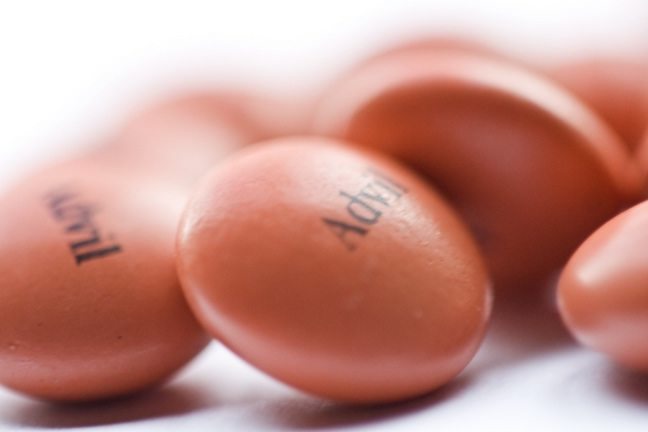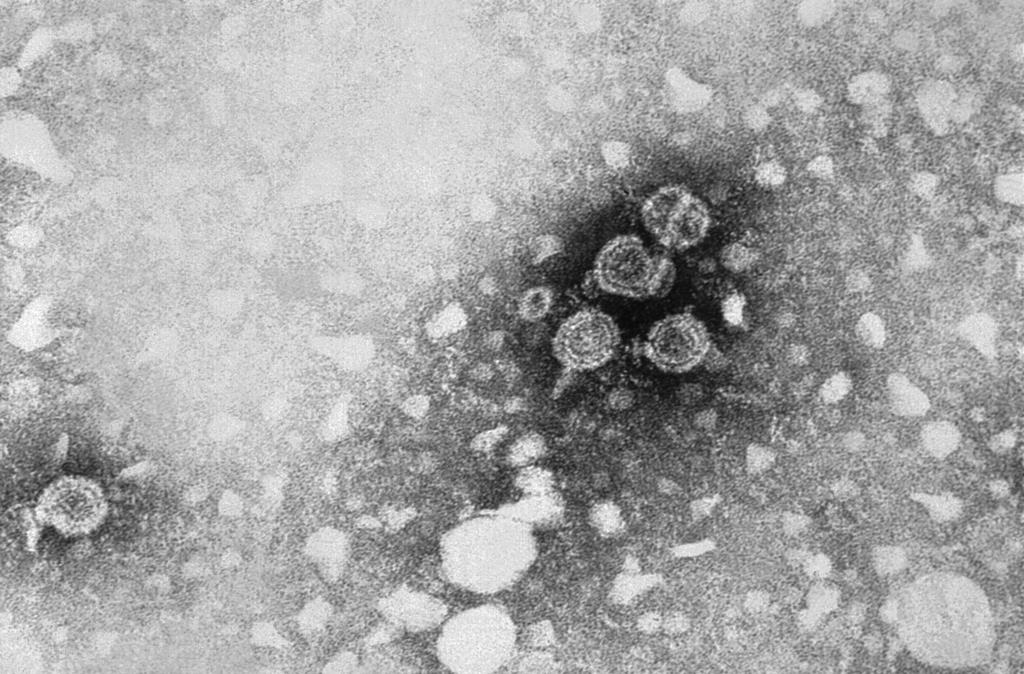
Naturopathic Medical Magic in the NW
As regular readers know, I live in the great Pacific Northwest, specifically Portland, Oregon. I am at home in the organic/hippy/environmental mind-set. It is what I grew up with. It is a relaxed, informal place to live. It is not much of an exaggeration to say that formal attire is tucking your tee shirt into your jeans. At least the metro area,...

The evolving story of the harms of anti-inflammatory drugs
Owing to summer vacation, today’s post updates a 2011 post and a 2013 post with some new information. Anti-inflammatory drugs are among the most well-loved products in the modern medicine cabinet. They can provide good pain control, reduce inflammation, and eliminate fever. We give non-steroidal anti-inflammatory drugs (NSAIDs) in infancy, continuing through childhood and then adulthood for the aches and pains of...
Galvanic Skin Response Pseudoscience
Selling snake oil is all about marketing, which means that a good snake oil product needs to have a great angle or a hook. Popular snake oil hooks include being “natural,” the product of ancient wisdom, or “holistic.” Perhaps my favorite snake oil marketing ploy, however, is claiming the product represents the latest cutting-edge technology. This invariably leads to humorous sciencey technobabble....
“Hands On Learning Solutions”: Untested Solutions for Problems That May Not Even Exist
Hands On Learning Solutions, a business in Gig Harbor, Washington, evaluates and treats children for learning disabilities and claims to identify the underlying causes and help eliminate the symptoms. Much of what they do is questionable, and at least one of their methods is clearly bogus. Their program is reminiscent of the Brain Balance program that I wrote about in 2010. I’ll...
Should physicians and managed care organizations offer homeopathy?
Anyone who reads Science-Based Medicine on even a semi-regular basis will know our collective opinion of homeopathy. Basically, at its core, homeopathy is pure quackery. I don’t care if it’s repetitive to say this yet again because it can’t be emphasized enough times that homeopathy is The One Quackery To Rule Them All. OK, there are others that compete for that title,...
GcMAF and the life and death of an autism quack
[Editor’s note: This is an extra bonus post that has appeared elsewhere. This week’s post will appear in several hours.] A mysterious apparent suicide and conspiracy theories Three weeks ago, those of us who combat the antivaccine movement noted the then-very recent death of an autism quack and antivaccinationist (but I repeat myself) who’s been big in the “autism biomed” movement for...

Separating Fact from Fiction in the Newborn Nursery: Hepatitis B Vaccine for Newborns
For those of you new to Science-Based Medicine, I am a pediatric hospitalist and spend the majority of my time caring for newborns. It’s an extremely rewarding experience on most days. The babies are usually healthy, the parents are usually happy and appreciative, and I get to give a lot of good news. I also get to dispel a lot of myths...
It’s time for pharmacies to stop selling sugar pills
Why are pharmacies selling sugar pills to consumers that are packaged like medicine? And what will it take for pharmacies to stop?
False Balance for Homeopathy in the BMJ
The BMJ is a prestigious medical journal, which just goes to show that prestigious journals can sometimes make awful decisions. They recently published a pro vs con article on homeopathy. Peter Fisher dragged out the current repertoire of pro-homeopathy tropes, while Edzard Ernst did a fine job of summarizing why homeopathy is nonsense. I also think the article is an excellent example...
How To Listen to Chi
You will need flat shoes and a bottle of vitamins, herbal formula, or prescription medicine. Step 1: Hold the bottle with both hands, touching your chest Step 2: Stand up straight and get your balance Step 3: Close your eyes and feel what is happening to your body. Results: If your body moves forward or stays neutral – going side to side...





